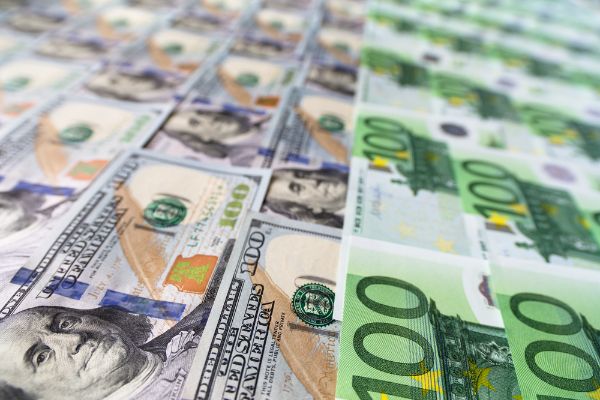Deutsche Bank, Germany’s top lender, is saying that America could be headed for the worst inflationary problems in the country’s history, arguing that greater federal spending and easy monetary policy might combine to product conditions like previous episodes in the 40s and 70s.
Pressures are occurring around $2 trillion of “extra savings” that consumers have accumulated over the previous year, when many small and large businesses were shutdown and travel almost shut down, according to their report this week.
“Consumers will use some of this savings after the economy reopens,” wrote Economist David Folkerts-Landau for Deutsche Bank, along with other analysts from the bank. “This raises the issue of consumer-caused inflation.”
Inflation is carefully watched by cryptocurrency buyers and holders who see bitcoin as an important hedge against a declining dollar.
But bitcoin has also sometimes been in sync with assets such as stocks, and the Deutsche Bank analysts are warning that when inflation happens, the Fed might be forced to react with extreme measures, which could “lead to a large recession and create a chain reaction of problems around the planet.”
This warning is in stark contrast with Fed Chair Jerome Powell’s routine assurances that increased inflation numbers are possibly “transitory,” and will settle down over time as the economy comes back from last year’s pandemic.
Deutsche Bank says they estimate the stimulus programs have totaled over $5 trillion, or over 25% of the GDP of the country. The U.S. deficit is possibly to come to 14% to 15% of GDP for 2020 and 2021, compared to 10% in 2009.
Close to World War II, economists say that the U.S. deficits were between 15% to 30% for four years.
“While there are great differences between WWII and the pandemic, we would stress that yearly inflation was 8.4% in 1946, 14.6% in 1947 and went down to 7.7% in 1948 after the economy normalized and demand was increased,” the report says.
“The Fed’s movement away from preemptive actions is the biggest factor increasing risk that it will get behind the curve and be too late to manage any inflationary issue without a large disruption to the economy,” the authors warned.
Author: Steven Sinclaire






Comments are closed.